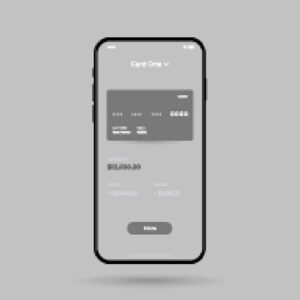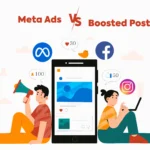Thinking of launching a Google Ads campaign? Hold up. Before you spend a single cent, let’s make sure you’re set up to win not burn cash.
Here’s what too many businesses skip (and regret later):
💡 1. Google Ads Doesn’t Fix Broken Systems
It’s not magic. Google Ads will only accelerate what’s already working.
If your landing page is slow, your offer is unclear, or your funnel leaks—ads won’t help. They’ll just amplify the problem.
✅ Ask yourself:
- Is my offer irresistible?
- Is my page fast, mobile-friendly, and built to convert?
- Do I have a smooth lead-to-close process?
Fix first. Advertise after.
🎯 2. Google Wants Relevance, Not Just Clicks
Google is in the user experience game. It rewards advertisers who match what users are actually searching for—with high-quality ads and landing pages.
If your ad says one thing but your page delivers another, expect low scores, high costs, and fewer eyeballs.
📈 How to win:
- Write ads that mirror search intent.
- Keep your message consistent from ad to page.
- Improve usability, clarity, and speed.
⚙️ 3. Tiny Tweaks → Big Impact
Think Olympic races. The difference between gold and nothing? A tenth of a second.
Same goes for PPC.
🔧 Small wins matter:
- Faster site speed
- Better headlines
- Smarter keyword match types
- Cleaner structure
Forget big overhauls—refine, test, repeat.
🔍 4. Start with Search Ads—Always
Performance Max and Display are cool, but if you’re just starting out, keep it simple.
Search Ads = Control + Insights
- Know what people are searching for
- Find out what converts
- Build the data foundation to scale
E-commerce? Add Shopping Ads. Still simple. Still focused.
🔄 5. Track. Adjust. Wait. Repeat.
Google Ads success isn’t set-it-and-forget-it.
📅 Follow this loop:
- Launch
- Observe
- Optimize
- Pause
- Let the system learn
- Repeat with data
Don’t panic and tweak everything daily. But don’t ghost your account either.
Balance is the secret.
🚀 Ready to Launch?
Before you run your first ad, audit your foundation. The best campaigns aren’t built on fancy hacks; they’re built on clarity, consistency, and conversion readiness.











